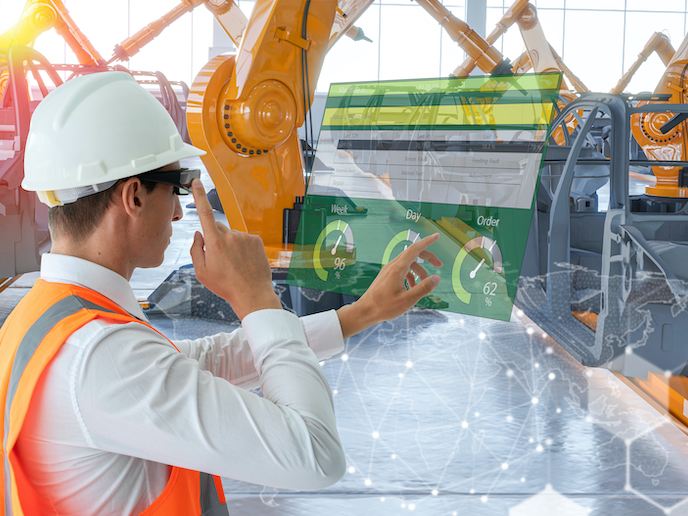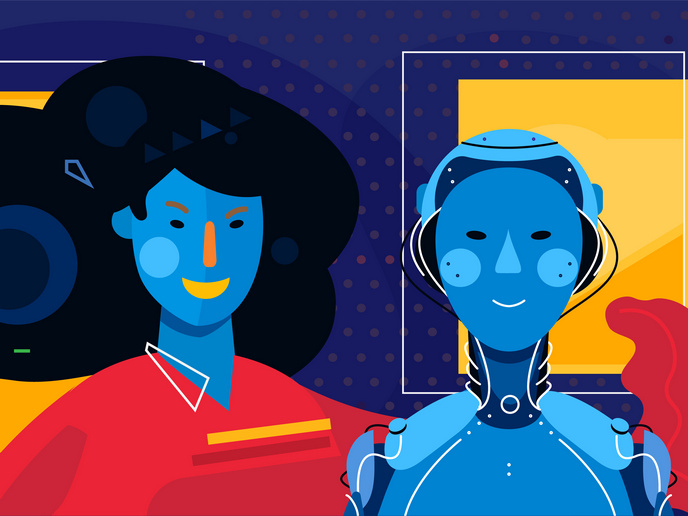Designing augmented reality glasses for enterprise use
Augmented reality (AR) glasses aren’t just for gaming. They also have the potential to redefine how we work and interact. Take for example industrial technicians and mechanics. When assembling, testing or maintaining equipment, these professionals must consult manuals, call experts and document their work via photos – all of which slows down the work process. But with AR glasses, all this information is placed in front of the worker’s field of vision, allowing them to access the information they need while continuing to do the job. Seeing the vast commercial potential of AR, Youbiquo(opens in new window), an Italian tech company specialising in wearable connected devices, is developing the next generation of AR smart glasses for professional use. With the support of the EU-funded Hologlass project, the company has tested the feasibility of new, advanced technical solutions that will overcome some of the issues preventing the large-scale marketisation of affordable AR smart glasses. “Whilst the competition has primarily focused on the consumer market, we spent the last 4 years working on smart glasses for enterprise use, including our groundbreaking Talens Holo Binocular Smart Glasses(opens in new window),” says Pietro Carratù, Youbiquo CEO and Hologlass project coordinator. “With the support of EU funding, we have advanced the state of the art, positioning Youbiquo as one of the leading players in this lucrative market.”
An entirely new product
The Talens Holo AR smart glasses are designed specifically for performing maintenance-related tasks. When worn, a maintenance worker has access to remote assistance and enhanced information – all right before their eyes. According to Carratù, about 300 of these devices have been ordered, with plans to produce over 500 more in 2020. Despite their popularity, the Talens Holo does have its limitations – limitations that this project set out to address. This includes expanding the field of view and enhancing user interaction via a patented advanced gesture recognition system. “This is an entirely new product built from our experience developing the Talens Holo,” explains Carratù. “Thanks to an advanced processor and a radical design, the Hologlass sets a new standard for easy, intuitive and realistic user interaction.”
Getting market-ready
The AR glasses for enterprise market is growing fast – increasing by 26 % in just the last 3 years. It is expected to reach EUR 1.4 billion by 2022. According to Carratù, the Hologlass project has given Youbiquo a competitive edge. “On the strategy side, we secured our intellectual property and started submitting patent claims and trademark registrations,” he says. “In terms of technical innovation, the project gave us the opportunity to test and optimise new electronic components and check the overall architecture of the product we hope to launch soon.” Carratù also notes that the project allowed Youbiquo to structure its organisation and define the know-how of its R&D team. As the company now turns its attention to marketisation, it will leverage the international network of partners – including leading companies and research centres – that it cultivated during the Hologlass project. “By focusing on the most common weak points of AR devices, we not only advanced the technology, we did so in a way that will ensure our end solution provides users with an affordable final price,” adds Carratù.







